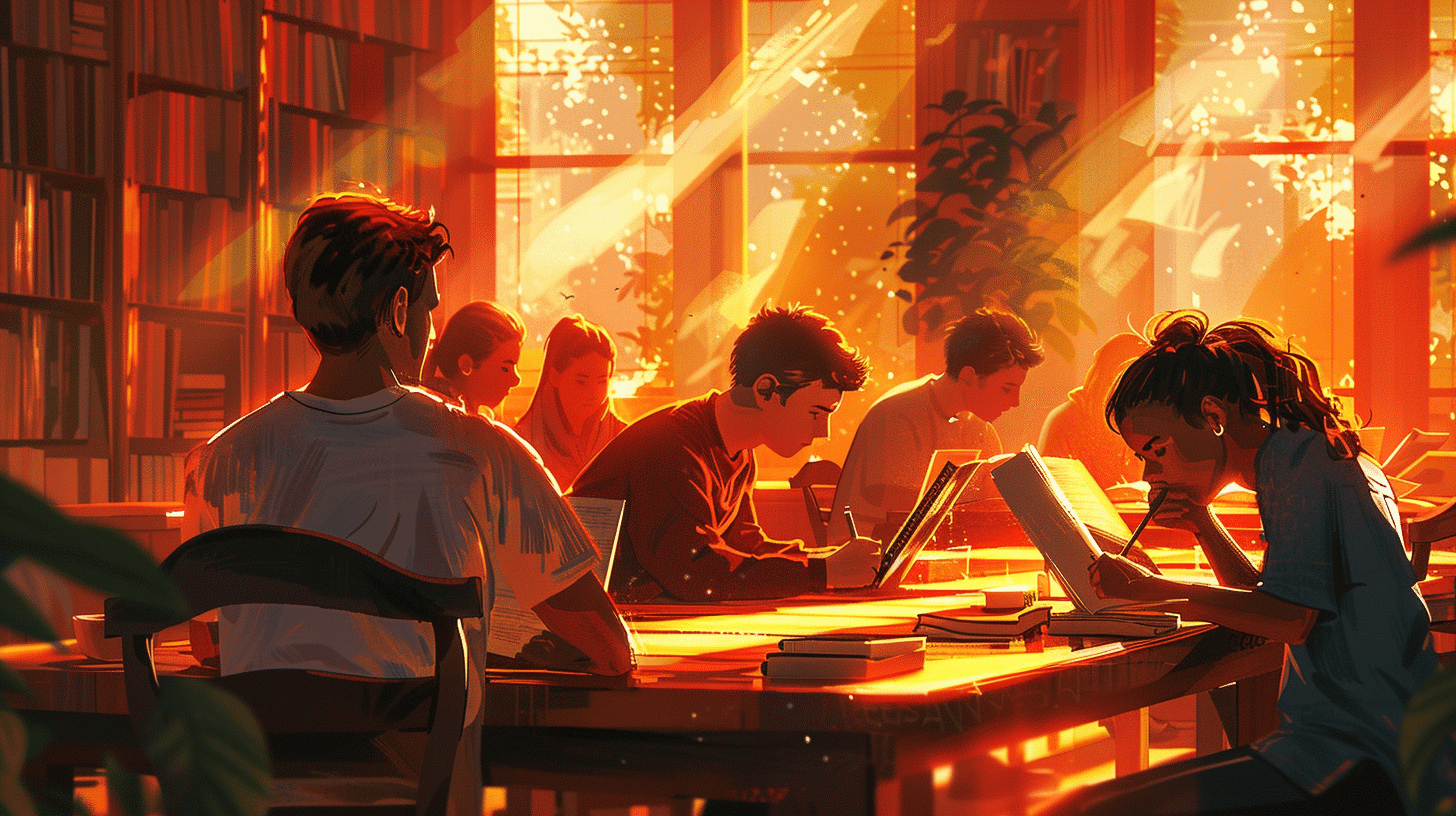Pick a language and start learning!
Adjective placement in sentences Exercises in Bulgarian language

Adjective placement in Bulgarian can be quite different from English, adding a unique layer of complexity to mastering the language. In Bulgarian, adjectives usually follow the nouns they describe, which contrasts with the typical English structure where adjectives precede nouns. For example, in English, we say "a beautiful house," but in Bulgarian, it would be "къща красива" (kъshta krасива). Understanding this fundamental difference is crucial for constructing grammatically correct and naturally sounding sentences in Bulgarian.
Mastering adjective placement is essential not only for everyday communication but also for achieving fluency and a deeper understanding of Bulgarian grammar. Through a series of exercises on this page, you will practice positioning adjectives correctly in a variety of sentence structures. These exercises will help reinforce your learning and ensure you can confidently use adjectives when speaking and writing in Bulgarian. Whether you are a beginner or looking to refine your skills, these exercises are designed to improve your proficiency and boost your confidence in using the Bulgarian language.
Exercise 1
<p>1. Тази *красива* градина е моята любима (adjective for beautiful).</p>
<p>2. Имаме *нов* автомобил в гаража (adjective for new).</p>
<p>3. Той носи *зелена* риза днес (adjective for green).</p>
<p>4. Купихме *вкусна* торта за рождения ден (adjective for delicious).</p>
<p>5. Това е *стар* приятел от училище (adjective for old).</p>
<p>6. Водата в езерото е *студена* през зимата (adjective for cold).</p>
<p>7. Днес е *слънчев* ден и можем да отидем на плаж (adjective for sunny).</p>
<p>8. Имаме *малък* проблем, който трябва да решим (adjective for small).</p>
<p>9. Те живеят в *голяма* къща близо до парка (adjective for big).</p>
<p>10. Тя има *къса* коса, която ѝ отива много (adjective for short).</p>
Exercise 2
<p>1. Тя носи *красива* рокля (adjective for "dress").</p>
<p>2. Котката има *малко* котенце (adjective for "kitten").</p>
<p>3. Той купи *нова* кола (adjective for "car").</p>
<p>4. Те посетиха *интересен* музей (adjective for "museum").</p>
<p>5. Децата играят в *голям* парк (adjective for "park").</p>
<p>6. Харесвам *вкусна* храна (adjective for "food").</p>
<p>7. Тя чете *интересна* книга (adjective for "book").</p>
<p>8. Имаме *красива* градина (adjective for "garden").</p>
<p>9. Той работи в *голям* офис (adjective for "office").</p>
<p>10. Те живеят в *спокойно* село (adjective for "village").</p>
Exercise 3
<p>1. Той видя *красивата* къща (adjective for beautiful).</p>
<p>2. Днес е *слънчев* ден (adjective for sunny).</p>
<p>3. Купихме *новите* обувки (adjective for new).</p>
<p>4. Тя носи *червената* рокля (adjective for red).</p>
<p>5. Вкусих *сладкия* плод (adjective for sweet).</p>
<p>6. Той обича *старата* музика (adjective for old).</p>
<p>7. Виждам *малкото* куче (adjective for small).</p>
<p>8. Търся *голямата* кутия (adjective for big).</p>
<p>9. Четем *интересната* книга (adjective for interesting).</p>
<p>10. Живея в *спокойния* квартал (adjective for calm).</p>







